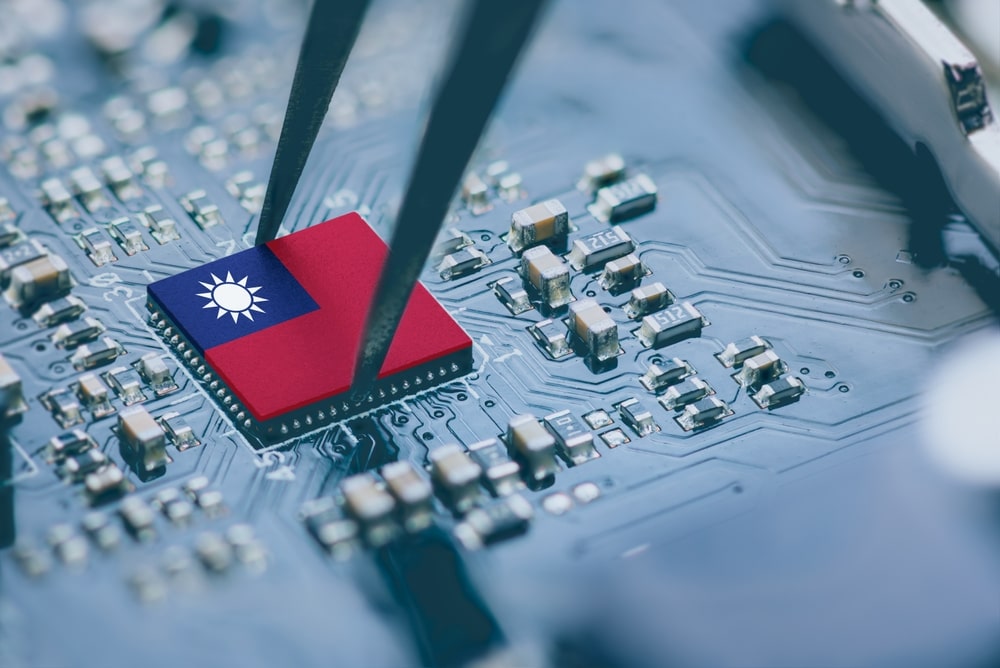
Many of Taiwan’s leading semiconducting companies have halted production and evacuated personnel from some of their plants, following the worst earthquake to hit Taiwan since 1999.
Taiwan Semiconductor Manufacturing Company (TSMC) announced that it had evacuated personnel from some of its plants.
TSMC is the main contract chipmaker to many leading technology companies including Apple and NVIDA.
United Microelectronics Corp, another Taiwanese semiconductor manufacturer, halted machinery at some of its plants and evacuated personnel from certain facilities in Hsinchu and Tainan.
Many analysts are concerned that there could be a wider disruption to the global technology supply chain, as Taiwan is responsible for the manufacture of 90% of the world’s most advanced chips.
These chips are used in everything from smartphones to artificial intelligence.
TSMC exported $49 billion worth of semiconductors and integrated circuit boards last year, according to analysis from Russell’s ALPS Marine.
Meanwhile, United Semiconductor Manufacturing exported $3 billion of the same commodities too.
The earthquake, registering a 7.2 magnitude, struck on Wednesday morning off the east coast of Taiwan, 25km south of Hualien, a city with a population of 100,000 people, according to the Financial Times.
7 people have died because of the earthquake and 821 others have been injured, the Taiwanese Government’s Disaster Response Center announced.
Approximately, 350 of the 850 injured were in Taipei and New Taipei, a municipality, the Financial Times reported.
Despite most of Taiwan’s chip plants being located on the west side of Taiwan, far away from the epicenter of the quake, there is a still concern regarding the impact of the tremors on the semiconductor factories.
These factories are extremely vulnerable to even the slightest tremors, with a single vibration having the ability to destroy entire batches of semiconductors according to Bloomberg.
“Some of the high-end chips need 24/7 seamless operations in a vacuum state for a few weeks”, Barclays analysts Bum Ki Son and Brian Tan wrote in a note, picked up by Bloomberg.
“Operation halts in Taiwan’s northern industrial areas could mean some high-end chips in production may be spoiled”.

Related Articles
Corporate risk
Corporate risk
Corporate risk